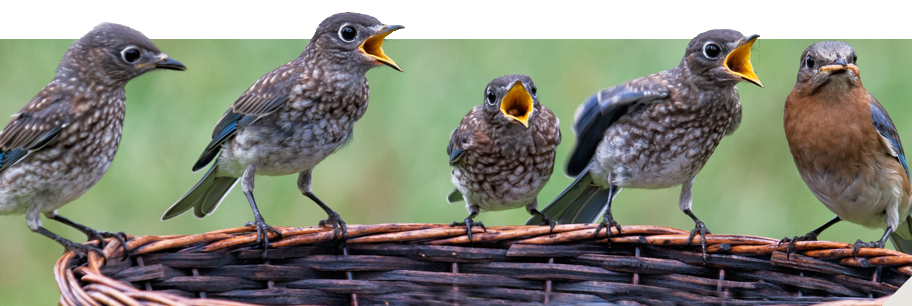 Photo ©
Glenda Simmons
Photo ©
Glenda Simmons
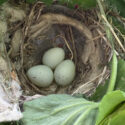
Cold Snaps and Heat Waves Create Challenges for Nesting Birds
Many songbirds are nesting earlier in spring because of warmer temperatures brought about by climate change. But the shift brings another danger that is especially deadly for nestlings: greater exposure to temperature variability in the form of cold snaps and heat waves. A new study from Cornell documents that such extremes result in more nest failures.
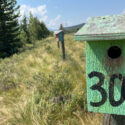
Survival of the Coolest Nests: Birds, Heat Waves, and Conservation in Working Landscapes
Researchers from the University of California, Davis recently investigated how heat waves impact the nesting success of numerous generalist bird species. They found that forests buffered nesting birds from the effects of extreme heat, whereas nests in open agricultural landscapes suffered a decline in survival. They offer tips for helping birds cope with climate change.
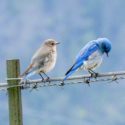
On Alert: Mountain Bluebird Conference Reveals Concern
The North American Bluebird Society recently convened a virtual conference to assess the status of the least-studied bluebird species—the Mountain Bluebird. Four panelists looked at trends and interacted with nest box stewards to try and understand what next steps would help address declines.
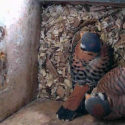
For American Kestrels, It Pays To Stay In Sync With Spring
A unique new study combines American Kestrel nest records from varied sources in order to analyze trends in nesting phenology. What they found is that for kestrels, especially those in the Northeast, it pays off to be right on time. Delays in starting a nest resulted in fewer offspring and lowered probability of success.
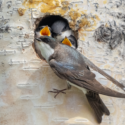
Chasing a Moving Target: When insects accelerate, birds must try to keep pace
You’ve heard of getting your “omega-3s”, but did you know that birds need them too? According to new research utilizing NestWatch data, insect-eating birds may struggle to get their omega-3s under climate change. Read about how nutritional peaks (i.e., insect emergences) are changing in this new research summary.
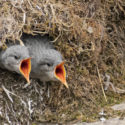
Troubled Waters: a Homegrown Effort to Track American Dipper Success
American Dippers in southwestern Colorado are at risk from water pollution, wildfire, climate change, and microplastics. Concerned community members rallied to form The American Dipper Project, a nest monitoring effort to help the birds recover.
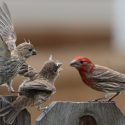
Time Traveling House Finches
A study spanning a century of House Finch data suggests that as California’s springs get warmer, the birds are laying eggs earlier in the season. Read on to learn how researchers used our nest records to uncover the historic lives of House Finches.